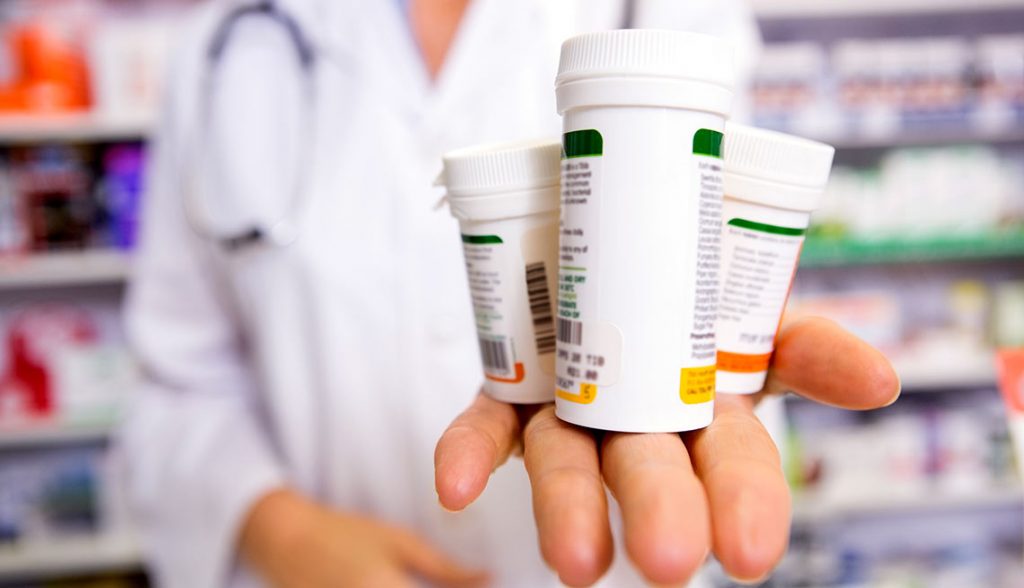6 Tips To Check Generic Medications For Quality After Delivery
The abundance of generics on today’s pharma market
Did you know that every medication has a generic name? It is almost always the name of the med’s active component that makes the medication work. To make possible a research and off-set costs of developing new medications, the FDA allows a developer a new med to be strictly the only one to throw on the market for a specified period of time. When the said period is over, other manufacturers can launch a drug made with the same active ingredient and start promoting it. These are usually referred to as generics.

According to the law and regulations issued by the controlling organs, a generic medication must feature the following:
- Contain the same active ingredient(s) as the branded medication.
- Be equal in strength, dosage form, and the ways of administering.
- Work the same way in the human organism.
- Meet the same standards and follow the same guidelines for identity, strength, purity, and quality.
What would be the ways to check your generic Med for Quality Upon Delivery:
If you purchased a medication through online pharmacy, or obtained a generic through a regular shop, either prescribed or prescription-free, you might want to consider the following ways to make sure your generic medication is efficient and is in compliance with the existing standards. Remember, your safety is your priority. It will take a little time to make sure the generic is of a proper nature, but it can take significantly reduce costs often associated with misguided meds.
-
Make sure your medication has a “narrow therapeutic index”
This means the dosage needed for the medication to work inside your systems is not much lower than the dosage that can be a possible cause of adverse effects.
-
Make a habit to keep the track of your medical progress
If you are happen to be, for example, on blood pressure medications, invest a little money and buy a home blood pressure monitor, take the consequent readings two times a day for a while, and take them down. The same applies if you happen to have diabetes, etc. Keep the record of results of lab tests. Bring all of these records to your physician if you suspect that your generic medications are not of proper efficacy.
-
Always self-monitor how do you feel
There are generic medications for existing conditions that do not suggest any lab tests, which could have helped in tracking and making sure the medications are applied as a proper treatment for a proper condition. Such conditions include for example a wide range of psychiatric conditions, such as generalized depressive disorder, anxiety disorders, borderline disorder, etc.
In such case there might be the only way to establish how the generics work on you. It will help to break down your day, and fill in corresponding boxes on a paper, checking, if you feel, “moderately good,” “good”, etc. If how you feel does not change with time, while you are on the generic medication, it is time to question the meds efficacy.
-
“Challenge” your generic medication
If you for some reasons suspect your generic is not what it said it is, ask your physician to put you on the branded medication with the same active component. After the brief course (from two weeks to a month), go ahead and try the generic again. This technique is known as a drug challenge. This way you can establish for sure the efficacy of the drug.
-
Always ask the pharmacist for the name of the manufacturer
Not all generic medications work the same way–and if you keep track, you will find that you have better results with a med from a particular manufacturer as compared to the same med from another manufacturer. However, because your pharmacy can switch providers whenever it finds a better deal (and it usually does so, business as usual), you may have to shop around to find the particular med you want.
-
Switching versions
If a once a day formula is not working for you, a medication designed to be taken two or three times per day might be a better option. Make sure to consult your physician, if that course would be applicable in the case of hesitations.
